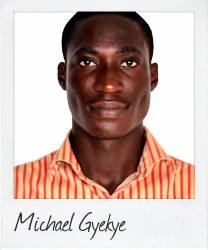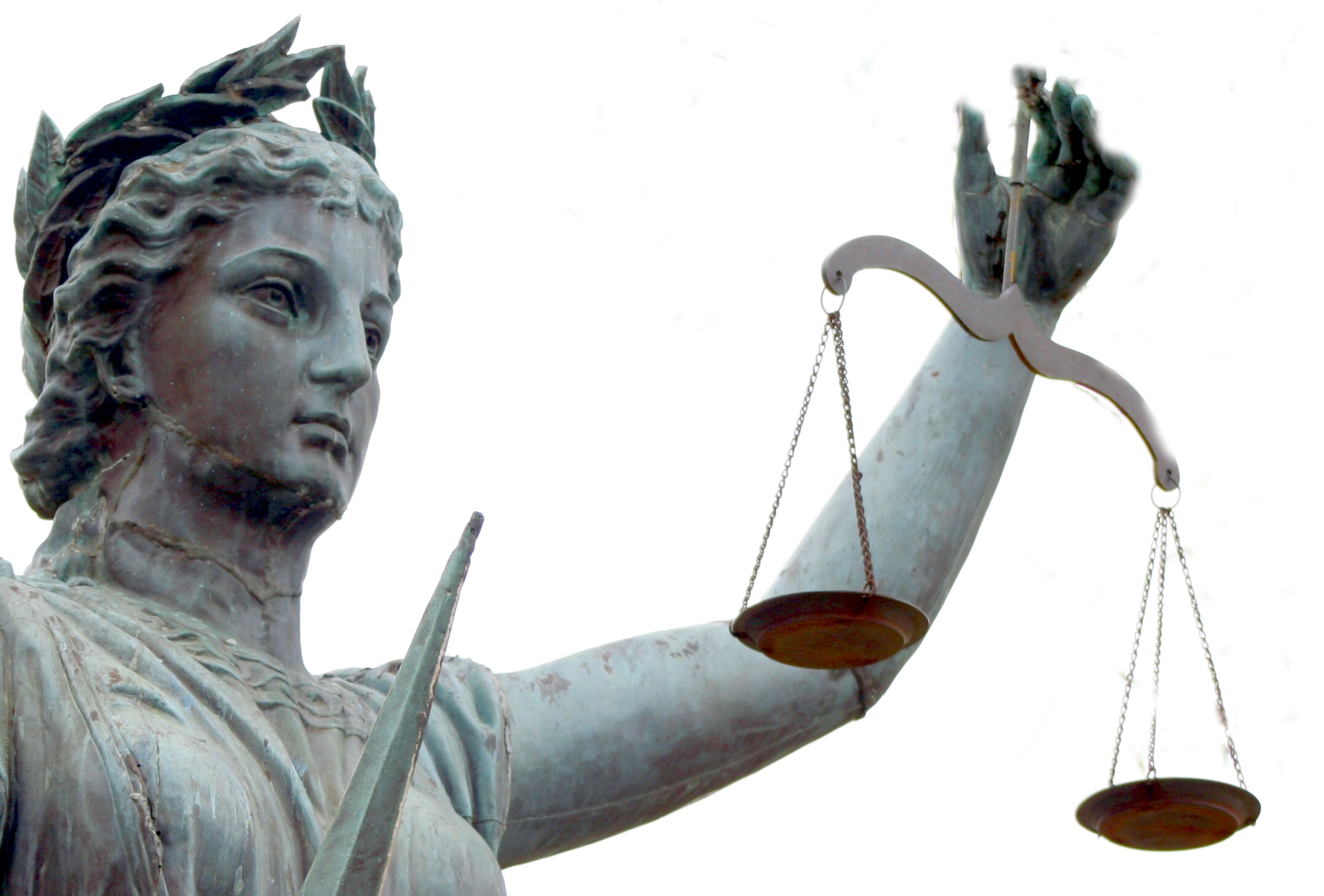“Corruption would make mockery of justice”
October 29th, 2015 Investigative reporting has focused attention on the justice system, writes Michael Gyekye, 22, a Correspondent from Koforidua in Ghana, but also provides an opportunity to examine issues and rebuild credibility.
Investigative reporting has focused attention on the justice system, writes Michael Gyekye, 22, a Correspondent from Koforidua in Ghana, but also provides an opportunity to examine issues and rebuild credibility.
Scintillating verses with a captivating rhythm opened one of several reports of alleged widespread institutionalized corruption bedevilling Ghana’s judiciary, making justice administration in the country little less than a mockery.
For about a month now, Ghana has been gripped by shock and disbelief after startling revelations emerged about alleged corruption in its judicial service. The revelations were made by celebrated Ghanaian undercover investigative journalist Anas Aremeyaw Anas. They were the outcome of more than a year and a half of secret investigation of courts across the country.
The investigation produced video records of judges and staff of the country’s Judicial Service allegedly engaged in professional misconduct. These included allegations of charging exorbitant fees for services and bribes from litigants, and suspected rings of agents linking litigants to judges who allegedly helped to cook deals and fix the outcomes of trials.
Presently, investigations are ongoing into the allegations of the expose. Thirty-four Judges and 146 staff of the Judicial Service caught engaged in suspected corruption-related activities by the secret lens of the undercover investigator are taking turns to appear before an investigative panel set up by the country’s Chief Justice.
Meanwhile, Mr. Anas is making efforts to publicly broadcast the video to audiences across the nation, despite formidable opposition and persistent legal frustration by his accused.
The traumatic accounts of the expose have unsurprisingly ignited controversies and debates on a plethora of issues.
These include the ethical propriety of the approach of the investigator, the necessity for a live telecast of the ongoing probe into the allegations of professional malfeasance made by the investigator, and the legal implications of the public broadcast of the video by Mr. Anas (acknowledging that the investigator has tendered the video as principal evidence in his application for the impeachment of the judges, and some provisions of the country’s Constitution require secrecy in the impeachment process).
Other issues have bordered on the scope of rights of the accused judges and officials as they explore their legal options en route to mounting their legal defense, the remedies for parties in now-closed litigation who must have been adversely affected by the potentially-biased verdicts of the suspected bribe-influenced judges, and very crucially, the ability of the country’s judiciary to exorcise itself of its own demons, a curious undertaking it is presently attempting through an in-house probe into the allegations.
Generally, it is believed that the above issues must be satisfactorily addressed before any meaningful closure could be brought to this searing scandal.
It is regarded by many that this dark moment of the country’s judiciary lends a useful opportunity for crucial justice administration reforms.
In the coming months, the judicial top hierarchy is expected to enact and implement policies that would enhance transparency in the activities of courts, particularly in the processes of criminal and civil litigations.
Measures are also expected to be introduced to help speed up litigation processes and curb delays. Delays in trials caused by incessant adjournments are highly suspected to offer unscrupulous characters time and more opportunity to access judges, and broker sleazy deals to undermine justice administration.
The country’s Alternative Dispute Resolution (ADR) program, a substitute arbitration scheme intended to reduce the workloads of local courts, is also expected to be given a massive boost. The huge workloads of the courts are deemed to burn out judges and court workers, and perhaps tempt a desire to negotiate corrupt deals to abort some cases.
Opportunities are further expected to be offered for rapid investigation of public reports of Judicial Service judges and staff found engaged in suspicious activities.
It is hoped that every necessary action would be taken without delay to rebuild a credible judiciary.
- Image URI: http://mrg.bz/4BwB1O
…………………………………………………………………………………………………………………
About me: I aspire to become a legal practitioner and scholar. I hope to lead an international law firm and lecture in a world-class law school in the future. I love to read, write, teach and travel. I am fascinated by local and international developments in politics, business, technology, sports and culture.
I am currently a final-year undergraduate student of political studies at the Kwame Nkrumah University of Science and Technology in Kumasi, Ghana. I will graduate in June next year.
Reach me on Facebook at Michael Adu Gyekye
…………………………………………………………………………………………………………………
Opinions expressed in this article are those of the author and do not necessarily represent the views of the Commonwealth Youth Programme. Articles are published in a spirit of dialogue, respect and understanding. If you disagree, why not submit a response?
To learn more about becoming a Commonwealth Correspondent please visit: http://www.yourcommonwealth.org/submit-articles/commonwealthcorrespondents/
…………………………………………………………………………………………………………………




